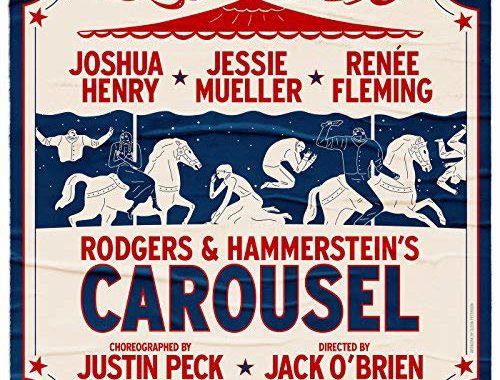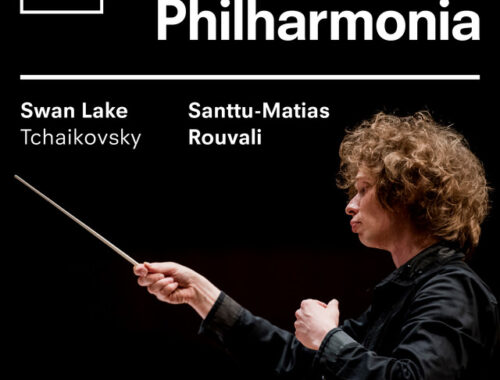Wagner “Die Fliegender Holländer”, Royal Opera House
We actually don’t need the billowing front cloth, the torrential rain, or strafing searchlights – from the moment Wagner lays bare those sizzling open fifths in the strings he does the tempest-tossed thing for us. Indeed that Overture presages the legend of the Flying Dutchman in ways that not even Tim Albery’s beautifully lit and designed staging can visualise.
Even so, the first sight of Michael Levine’s sweeping metal hull crawling with oil-skinned mariners is mightily exciting and when lighting designer David Finn casts a lowering shadow across the entire stage the arrival of the Dutchman’s phantom vessel could hardly loom larger in our collective imaginations. This is a beautifully atmospheric realisation of Wagner’s fledgling thriller, full of darkling menace and strange foreboding. The sight of poor doomed Senta burdened with a model replica of the ship that portends her destiny establishes better than in any staging I have seen that she and only she holds the accursed Dutchman’s redemption in her hands. She is the one.
And indeed she, in the person of the fearless Anja Kampe, was the one that injected a modicum of excitement into this musically somewhat earthbound revival. Kampe gets by on her conviction in a role which with its fearsome leaps and plunges is stressful to all but the steeliest of dramatic voices. I’m not sure that it is good for anyone’s vocal health but Kampe, pushed and unlovely though she sounds under duress, is a riveting and affecting presence on stage.
You really can’t take your eyes off her for most of the evening and even Egils Silins’ commendably still Dutchman is but a shadow alongside her. His problem is the lack of bass in his bass-baritone. The middle and bottom of the voice is ineffectual in a house this size and sadly his undeniable conviction was no substitute for the vocal diminishment.
Nobody really made much of an impression here: not Stephen Milling’s nondescript Darland nor Endrik Wottrich’s harassed Erik (a role possessed of the tessitura from hell). The augmented male chorus did significantly raise the vocal stakes with Albery’s shock-horror coup of having his phantom sailors suddenly spill from the bowels of the ship like ghostly doppelgangers of their accursed captain.
In the pit Jeffrey Tate kept things on an even keel, more cross-Channel ferry than tempest-tossed windjammer and with a fatal lack of rhythmic impulse. This Dutchman drifted, but fly, no.
You May Also Like

Let the Sunshine In
15/04/2010
GRAMOPHONE Review: Carousel – 2018 Broadway Cast Recording/Rodgers & Hammerstein
10/10/2018